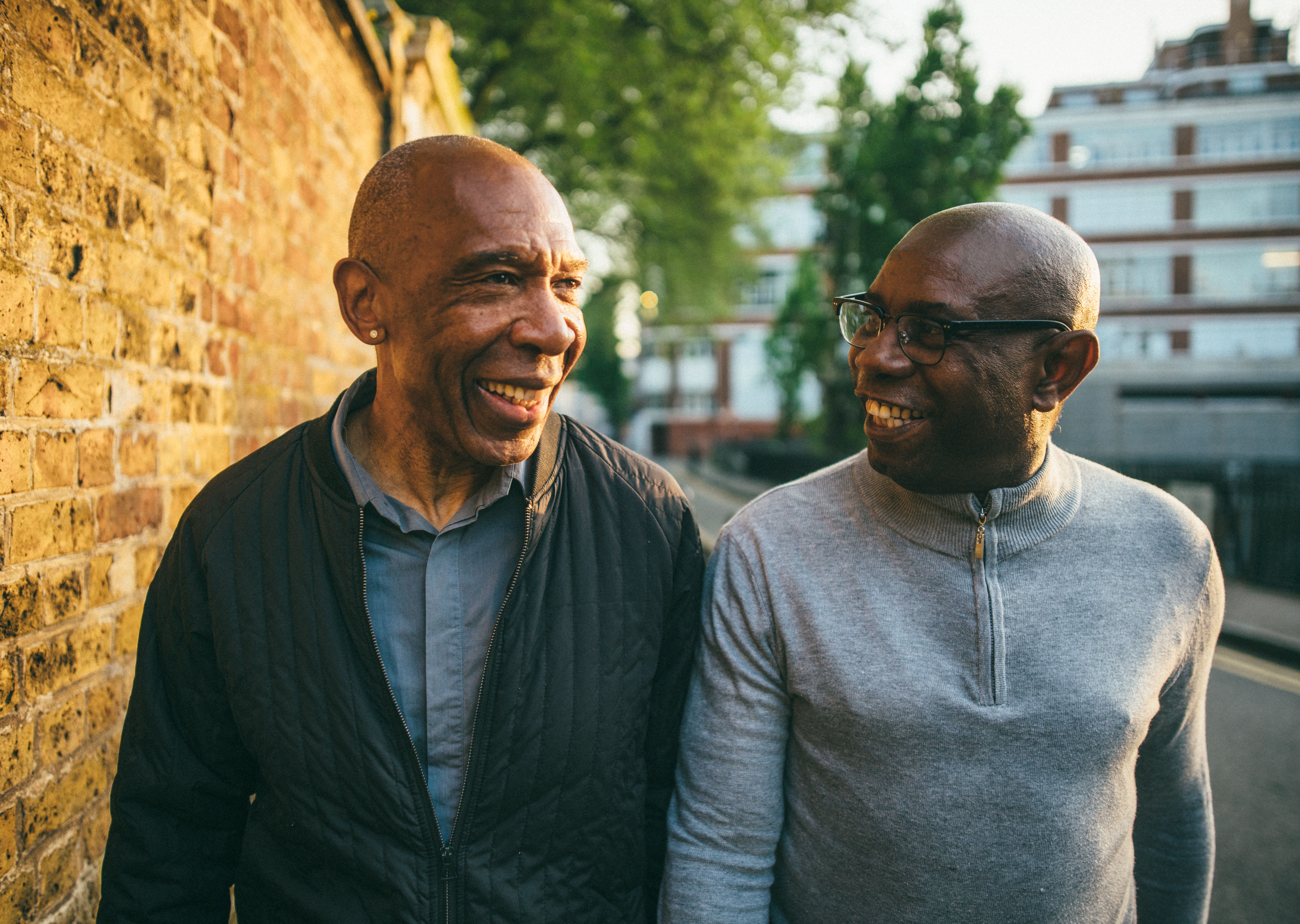Erectile dysfunction (ED) 1
Have you been feeling downright exhausted or tired? Mentally and physically? That’s probably prostate cancer fatigue talking.
What exactly is prostate cancer fatigue
Everyone describes fatigue after prostate cancer treatment a bit differently. Some men say they’re drained or weary all the time. Others say that they are completely exhausted most of the day.
The key difference is that fatigue goes beyond occasional tiredness. It’s like your energy has been completely zapped—making it harder to sleep, work, hang out with friends and family. Prostate cancer fatigue can have a draining impact on with everyday life. It's not usually the kind of sleepiness that you can push through by getting a good night of sleep, or with a cup of coffee. This feeling of being drained can linger for a long time, sometimes even months or years. Simply just being tired, on the other hand, usually goes away after resting up a bit.
People describe this type of fatigue as ‘whole-body tiredness’.
How common is fatigue after prostate cancer treatment?
Almost everyone diagnosed with cancer experiences fatigue, as cancer itself is a lot on the body. Fatigue is so common, that about 3 in 4 men with prostate cancer go through it.
What causes fatigue and excessive tiredness?
Not having enough sleep or rest.
Eating poorly and not getting the right amount of exercise.
Stress, anxiety, or depression.
Aches and pains from treatment.
Body or hormonal changes from treatment.
For example, it’s common to feel worn down due to:
Take time to listen to your body and better understand where your exhaustion may be coming from. Work with your doctor or care team to understand what you can expect before, during, and after treatment and how to best manage your energy supply going forward.
How common is fatigue after prostate cancer treatment?
Almost everyone diagnosed with cancer experiences fatigue, as cancer itself is a lot on the body. Fatigue is so common, that about 3 in 4 men with prostate cancer go through it.
It’s tricky because a number of things can bring on fatigue when you’re going through prostate cancer treatment.
Not having enough sleep or rest.
Eating poorly and not getting the right amount of exercise.
Stress, anxiety, or depression.
Aches and pains from treatment.
Body or hormonal changes from treatment.
For example, it’s common to feel worn down due to:
Take time to listen to your body and better understand where your exhaustion may be coming from. Work with your doctor or care team to understand what you can expect before, during, and after treatment and how to best manage your energy supply going forward.
How do certain prostate cancer treatments bring on fatigue?
Treatment can have a large impact on your body and mind, and just might be the reason why you feel exhausted.
Chemotherapy.
Hormone therapy.
Radiation therapy (radiotherapy).
More than one treatment at the same time.
All prostate cancer treatments can cause fatigue but it can be worse with:
What can you do to pump up your energy?
Eating well before, during, and after treatment is key. Vegetables, nuts, fish, healthy fats—all these (and more) are important sources of nutrition when you’re going through prostate cancer.
Keeping active with light to moderate exercise could also help improve your energy levels. It’s important to get your body moving. To help you get started, talk to your doctor or care team about having a nutrition and workout plan created that will work just for you. There are also several steps you can take to stay safe during exercise.
Hear from someone who’s been there:
“I was so tried after treatment but with time, patience and a few strategies I was back to doing this things I love in no time.”
Hormone sensitive or castration sensitive prostate cancer
This is prostate cancer that has spread to other parts of the body but still responds well to hormone therapy (otherwise known as androgen deprivation therapy or ADT).
Castration resistant prostate cancer
This is prostate cancer that has spread to other parts of the body and can no longer be slowed down by low testosterone levels (from using hormone therapy). It’s usually defined by a rising PSA level, worsening symptoms or a CT or bone scan showing growing cancer.
Talk to your doctor or care team about fatigue
If you’ve been feeling excessively tired, whether physically or emotionally, let your doctor or care team know. They can guide you towards getting proper rest, nutrition and exercise, and any other help you may need.
Heading
This is a body of text, when cells in the prostate multiply too quickly and grow out of control, this creates a cancerous tumour. Often, this type of cancer grows slowly and doesn’t cause big problems right away. Sometimes, however, prostate cancer can be fast-growing and spread to other parts of the body, causing major damage. Catching cancer early, so that your doctor can keep an eye on it and recommend next steps, is ideal. If the cancer is caught later, you may still have options to work through with your healthcare team that put your quality of life first. Prostate cancer is the most commonly diagnosed cancer in men. It is particularly common over the age of 50 years.
Sexual health guidelines for people with prostate cancer
The Guidelines for Sexual Health Care in Prostate Cancer Patients encourage and support clinicians to take the lead in actively discuss sexual health concerns with their patients on a regular, ongoing basis. Read more about the ways in which your doctor can help you and use the consumer version of these Guidelines to help you start the conversation if your doctor doesn’t.

